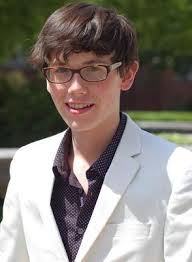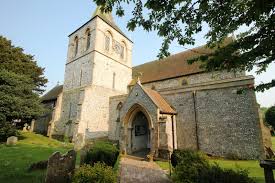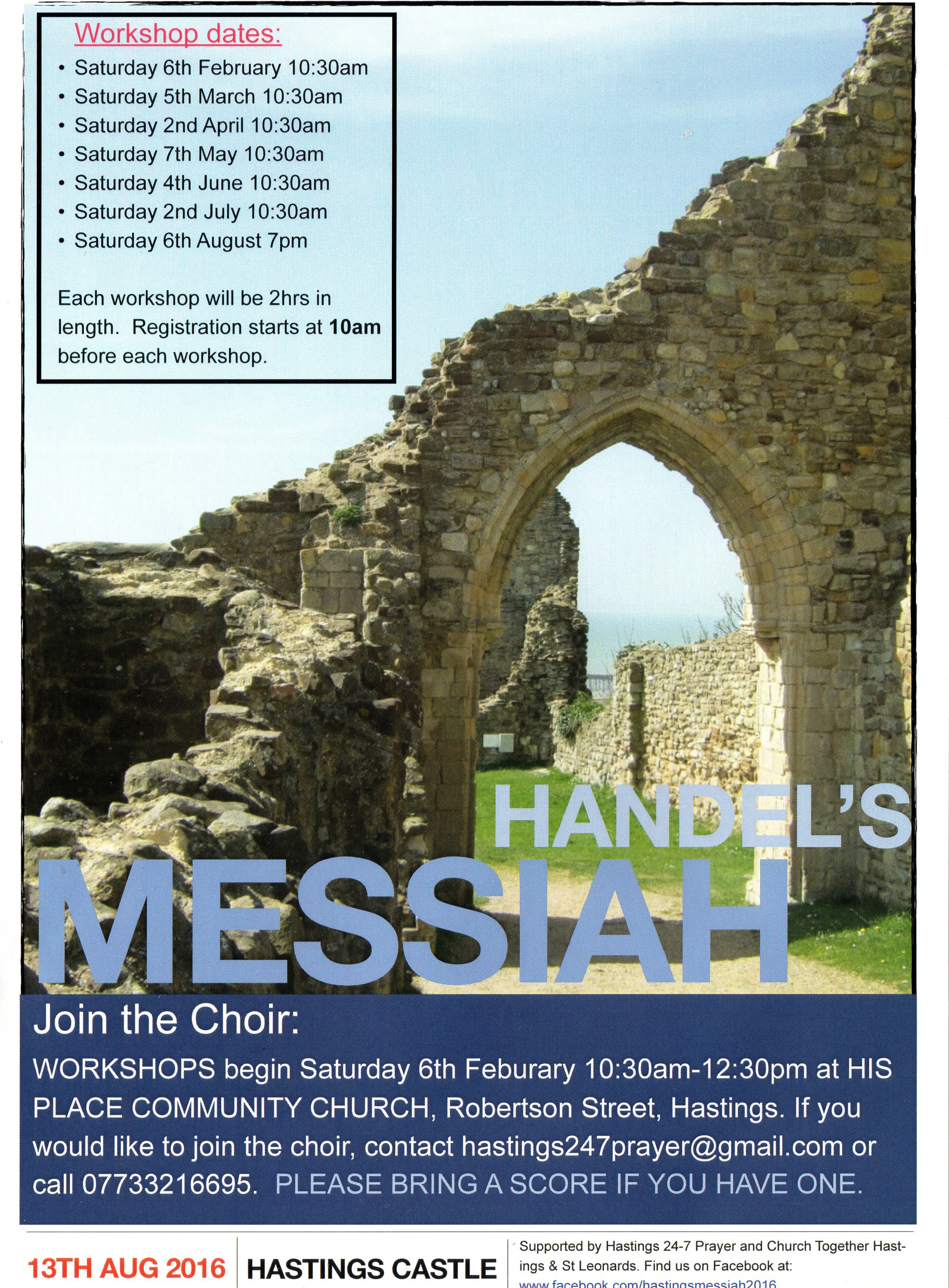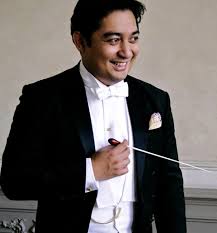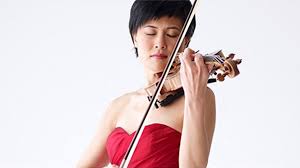Mote Hall, Saturday 30 January 2016
This may not have been the coldest of winters but the long grey days seem to have been with us for an eternity. It was an inspired choice therefore on Brian Wright’s part to open this darkest of concerts with the full glory of Nielsen’s Overture Helios. Written when the Danish composer was living in Greece, it traces a full day in the life of the sun, opening with the deep C major chord which seems to reflect the open innocence of the sun for so many composers. There was a nobility to the playing, particularly from the horns who experienced many exposed passages across the evening and acquitted themselves with honour. Also worthy of note was the solo piccolo whose brightness draws us to the full brilliance of the sun before it starts to sink into its gentle rest.
An early Mozart piano concerto might seem a long way away from Greece but the clarity and lightness of touch which Martin James Bartlett brought to it was entirely convincing. Earlier that day he had been in Hamburg, playing for an International Piano Competition, but there was no sense of this being the end of a very long day in the enthusiasm and care he brought to the piano concerto No12 in A K414. It may be an early piece but the Andante is a mature and sensitive composition which drew even greater insight from the young pianist. He gave us a scintillating encore (Poulenc’s Toccata, No.3 of Three Pieces, Op.2) which was certainly well deserved.
Brian Wright argued that Dvorak’s Seventh Symphony is his finest and I have to agree in its complexity and muscularity, both of which the orchestra demonstrated with their usual aplomb. The shadow of Brahms is ever present but where the elder composer can become Teutonic ally weighty Dvorak manages to see the sun even when it is behind the clouds. The third movement danced with a Czech vitality though the writing is significantly complex, and the final movement returned us to the nobility we had caught in the Nielsen at the start of the evening.
A splendid way to drive out winter greyness – and a pleasure to see far more in the audience than at the end of last year!
Next time – Saturday 19 March, Barber Adagio for Strings; Arutiunian Trumpet Concerto; Mahler Symphony No 9.

